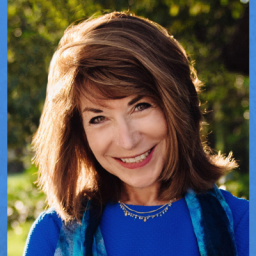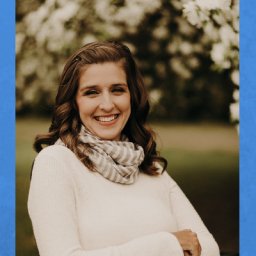Gary Guller is a world-renowned record-setting mountaineer, professional motivational speaker, and author of the book, Make Others Greater: From Mt. Everest to the Boardroom: Vital Lessons from Dynamic Innovators, Explorers and Everyday Heroes That Will Inspire the Way You Lead. Gary began rock climbing in his teens and had the passion to climb mountain ranges throughout the United States. As he became more versed in mountain climbing, Gary soon set his sites on the bigger mountains of the world. In 1986, Gary and two of his friends decided they would climb the highest mountain in Mexico and the third highest mountain in North America.
On their trek up the mountain, Gary and his two friends plummeted down the icy face of the mountain in a frightening accident. A rescue team found the group three days later, a time period Gary refers to now as, “72 hours Of Darkness.” His good friend Jerry had died; Gary and Dave were evacuated to hospitals. Gary had suffered a broken neck and the nerve roots going to his left arm were pulled out of the spinal cord, resulting in paralysis of his left arm and shoulder. He underwent surgery to regain partial movement of his arm. Unfortunately, this operation was not successful and Gary made the difficult decision to have his paralyzed left arm amputated.
Thanks to inspirational words from his grandfather, Gary eventually regained the urge to climb. With new motivation, he began hiking and camping, eventually making his way back to climbing. In 2001, Gary was physically prepared to climb Mt. Everest, but was not ready mentally. On his first attempt, he only made it halfway. After word spread of Gary’s travels, he was asked to speak about his experiences to a group of people with differences. It was during this speaking engagement that a man with quadriplegia approached him; this man asked Gary if he would ever take a person, with a difference like his, mountain climbing. Without hesitation Gary went on to recruit a diverse team of 30 members, which included the man that approached him,
In 2003, Gary not only climbed Mt. Everest, but he also led the biggest group of people with differences, to the base camp at 17,500 feet. It was one of the most important moments in his life. The group consisted of Gary, sherpas, people with paraplegia, people with quadriplegia, people whose legs or arms had been amputated, and people who had mental differences. It took the group twenty-one days to complete the trek. From the base camp, Gary along with a sherpa carried on, summiting the world’s highest peak. On May 23, 2003, Gary stood on Mt.Everest, proving a point that dreams have no limitations. The documentary, “Team Everest: A Himalayan Journey,” released in 2007, chronicles Gary and his remarkable group of trekkers on their expedition to the world's highest mountain.
Since Everest, Gary has been climbing mountains all over the world, including Cho You, the world’s sixth highest mountain. In April 2010, he completed the Marathon des Sables in Morocco, a six-day, 250-km endurance race across the Sahara Desert. When Gary is not competing in tremendously magnificent athletic experiences, he is a professional motivational speaker who uses his experiences to share with others the importance of equality, hard work, team-spirit and determination. He has presented to IBM, American Express, HP, Goldman Sachs, Raytheon and Microsoft. Gary has also been featured on major media outlets, such as ABC World News Tonight, CNN, the BBC, The New York Times, and the Los Angeles Times.
In this interview with our Different & Able President and Founder, Alexandra Nicklas, Gary shares his journey to Everest, his love of adventure, and unstoppable philosophies Gary has embraced adversity and continues to overcome any obstacles that stand in the way of possibility. “The right to explore is a right of all individuals, regardless of their ability or their disability. We as members of today's society cannot determine the potential of any person, on the basis of their color, culture, gender, orientation or disability,” says Gary.



